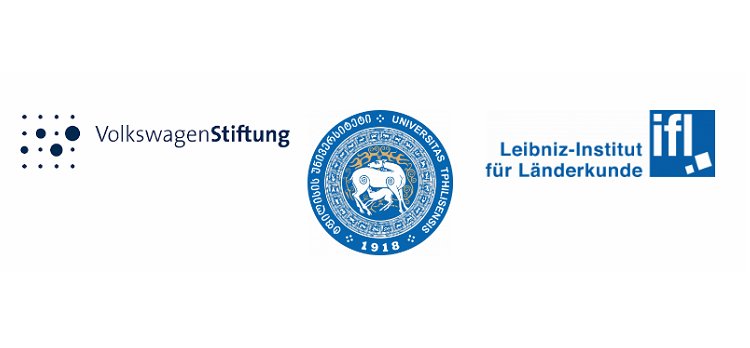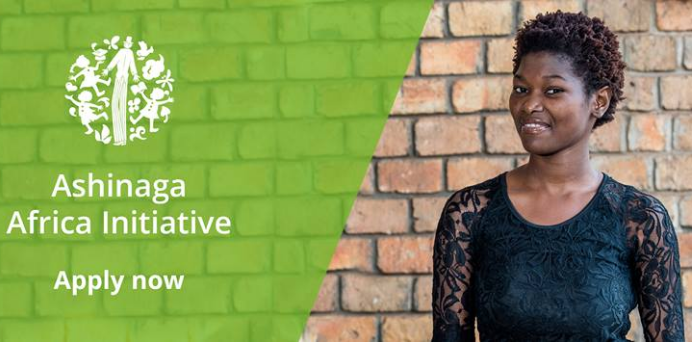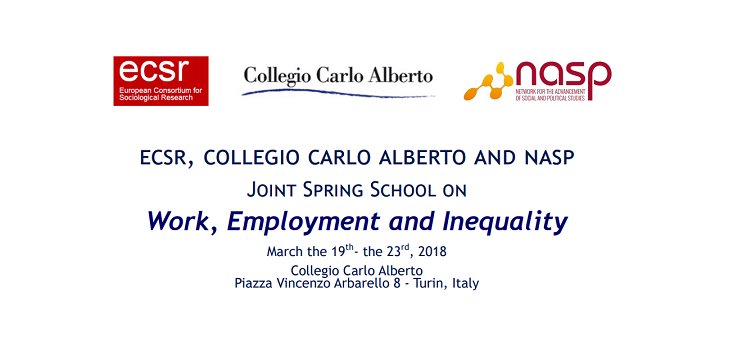Call for Applications
The Marshrutka Project Summer School 2: Eurasian Mobilities in a Global Perspective
Organisers: Leibniz Institute for Regional Geography (IfL), Leipzig, Germany
Tbilisi State University (TSU), Tbilisi, Georgia
Location: Tbilisi and Kazbegi, Georgia
Dates: June 25-30, 2018
Summer School Goals
The PhD Summer School is embedded in the research project Fluid mobilities for cities in transformation: spatial dynamics of marshrutkas in Central Asia and the Caucasus (Marshrutka Project). Within the scope of the project, we want to gain insights into transformation processes through the lens of changing mobility practices.
The summer school on Eurasian Mobilities in a Global Perspective invites advanced doctoral students, post-doctoral and early career-researchers from diverse disciplines, such as geography, urban studies, anthropology, social and political sciences, to contribute to two thematic packages:
– Mobilities and socio-spatial change in Eurasian Cities
– Informal transport and ride-sharing the global North and South
The primary goal of the summer school is to initiate collaborative publication projects related to the two thematic packages. We therefore expect a full paper draft to be submitted timely before the start of the summer school, in order to advance the joint publication project in relevant high-profile journals. Building on this, the summer school offers [1] an opportunity to share, discuss, and receive feedback for publication drafts, [2] training sessions on publishing and career planning, [3] thematic keynote talks, and [4] mobility-themed field trips, and last but not least, [5] a few day’s long retreat to the mountainous town Stepantsminda (Kazbegi).
The summer school is designed to encourage transnational interdisciplinary discussions, and provide high-impact feedback and networking opportunities for its participants. Besides offering a unique and understudied thematic focus, we offer a cosy and thorough working environment. The summer school participants will consist of five project-funded PhD students and two post-doctoral researchers, ten external doctoral students and early career researchers (please see information on funding opportunities below), ten senior academic project partners from Kyrgyz, Kazakh, Tajik, Russian, Georgian and German academic institutions, international and local keynote speakers, trainers and stakeholders.






Leave a Reply